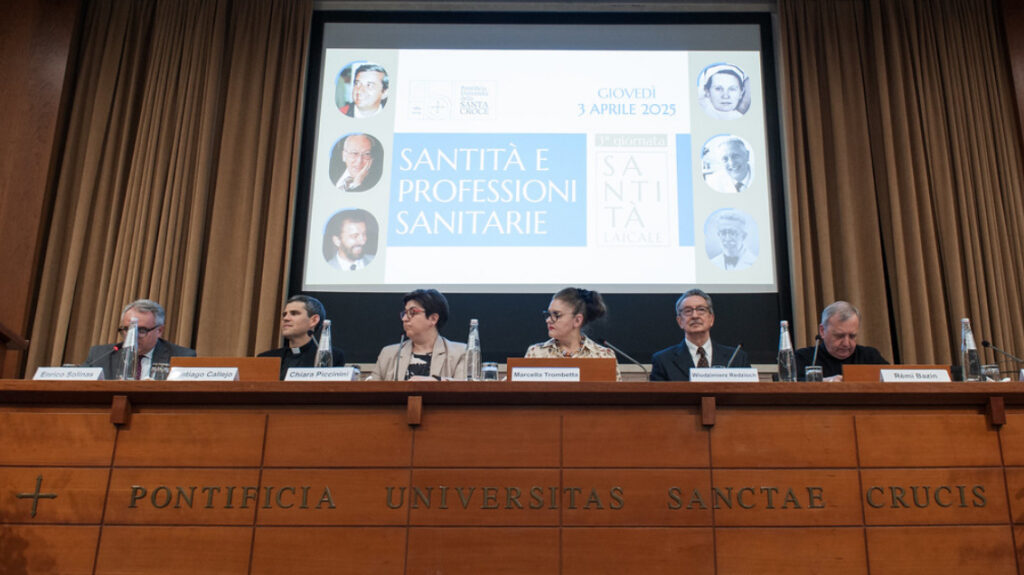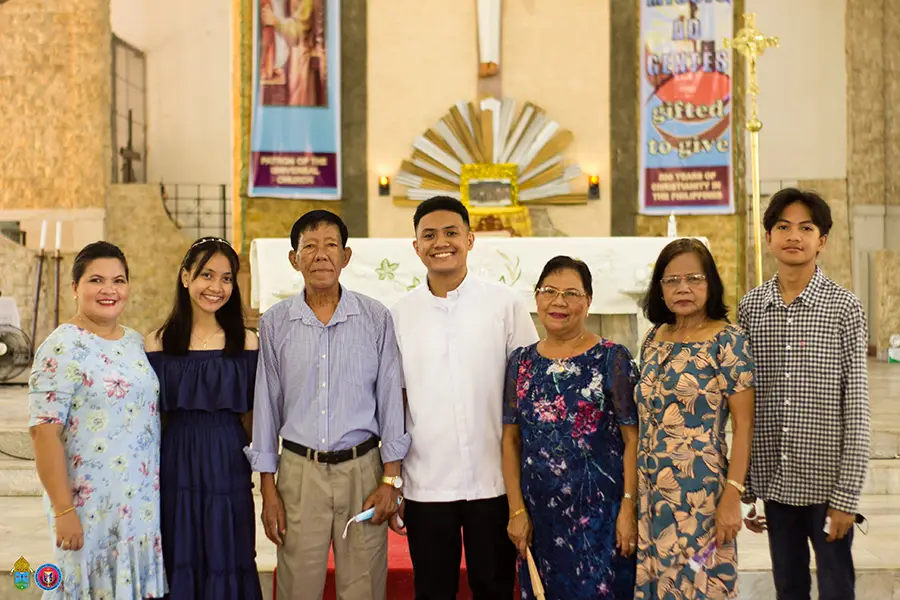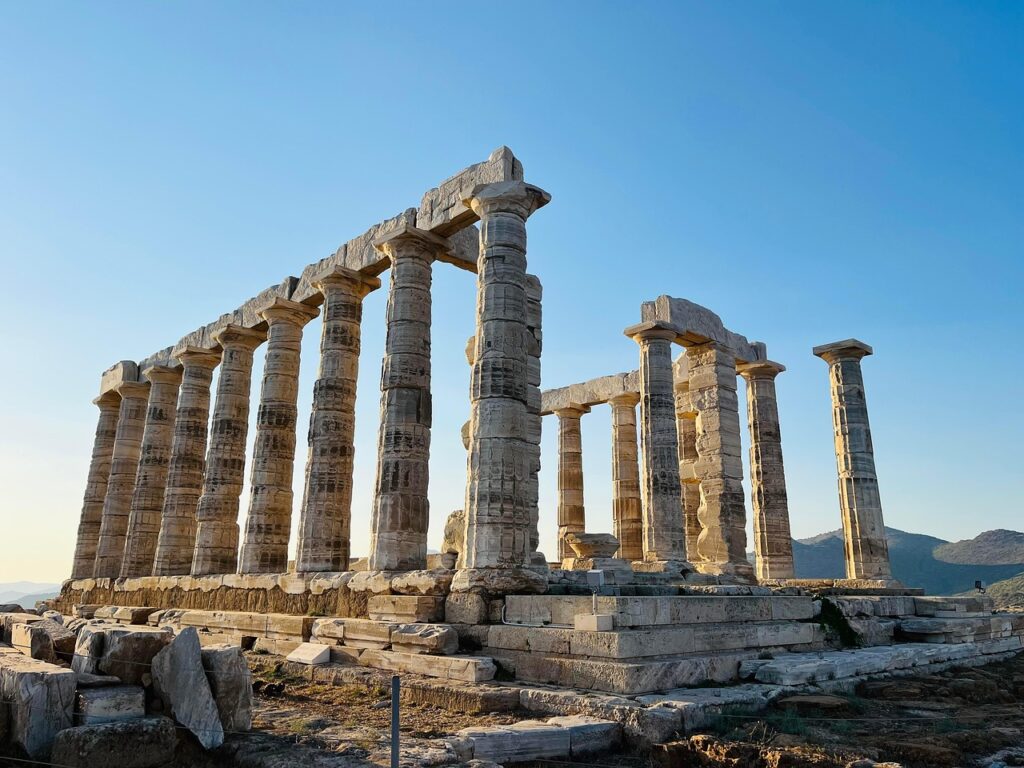Cardinal Reflects on Korean Peace Challenge
Cardinal Yeom Soo-jung, Archbishop of Seoul and Apostolic Administrator of Pyongyang, at 52nd International Eucharistic Congress in Budapest

Peace on the Korean Peninsula is a great challenge and a great obligation for the Catholic Church in Korea. This was emphasized by Cardinal Yeom Soo-jung, Archbishop of Seoul and Apostolic Administrator of Pyongyang, in his address at the 52nd International Eucharistic Congress in Budapest on September 10th, reported Fides News Agency.
Cardinal Yeom gave a brief introduction to the history of the Catholic Church in Korea and then underlined the significant role of the Korean Church in modern times (5.9 million Catholics out of a population of around 53 million), in addressing a series of problems that today afflict Korean society.
The Archbishop quoted Pope Francis saying: “It is not easy to build this evangelical peace. It requires a great openness of mind and heart. We must be peacemakers because building peace is an art that requires serenity, creativity and diligence”. So, he continued, “how can we acquire these gifts that are so necessary for peace? Several answers come to mind. The first is contained in the words of Christ. Christ invites us to look at our hearts, without judging others, but rather knowing ourselves”. “The second step towards peace – he emphasized – is prayer. Prayer nourishes the presence of God in us and gives us the Holy Spirit, who is the master of prayer, inspires and gives creativity”.
The Cardinal explained that prayer brings the presence of God and unites the faithful in communion. “This is why – he continued – We have gathered in Seoul Cathedral every Tuesday for 26 years to pray for the reconciliation and unity of the Korean people and for the ‘Church of Silence’ in North Korea, of which I am Pastor.
This spiritual partnership helps us not to forget and to keep memories alive”. And with emotion, he noted: “On August 15, 2020, I chose to consecrate the Diocese of Pyongyang and all of North Korea to Our Lady of Fatima, Queen of Peace, so that the Virgin may watch over this land and protect it”. Turning to Korean society, the prelate deplored the prevalence of selfishness and materialism, the lack of ethics, and the often lack of respect for human dignity, and expressed concern about the restrictions on pastoral and evangelizing activities due to the pandemic. In the face of these difficulties, he concluded, “the Church in Korea needs the new evangelization. It is the force that the Korean Church can renew by encouraging us and reawakening the freshness and joy of the Gospel that we have seen in our martyrs”.
Related

University of the Holy Cross: A Day on Lay Holiness
Wlodzimierz Redzioch
08 April, 2025
3 min

“Spain must preserve the faith it once transmitted to us”
Fundación CARF
07 April, 2025
7 min

He who is without sin, let him cast the first stone: Fr. Jorge Miró
Jorge Miró
06 April, 2025
3 min

Reflection by Bishop Enrique Díaz: Great things you have done for us, Lord
Enrique Díaz
06 April, 2025
5 min
 (EN)
(EN)
 (ES)
(ES)
 (IT)
(IT)

